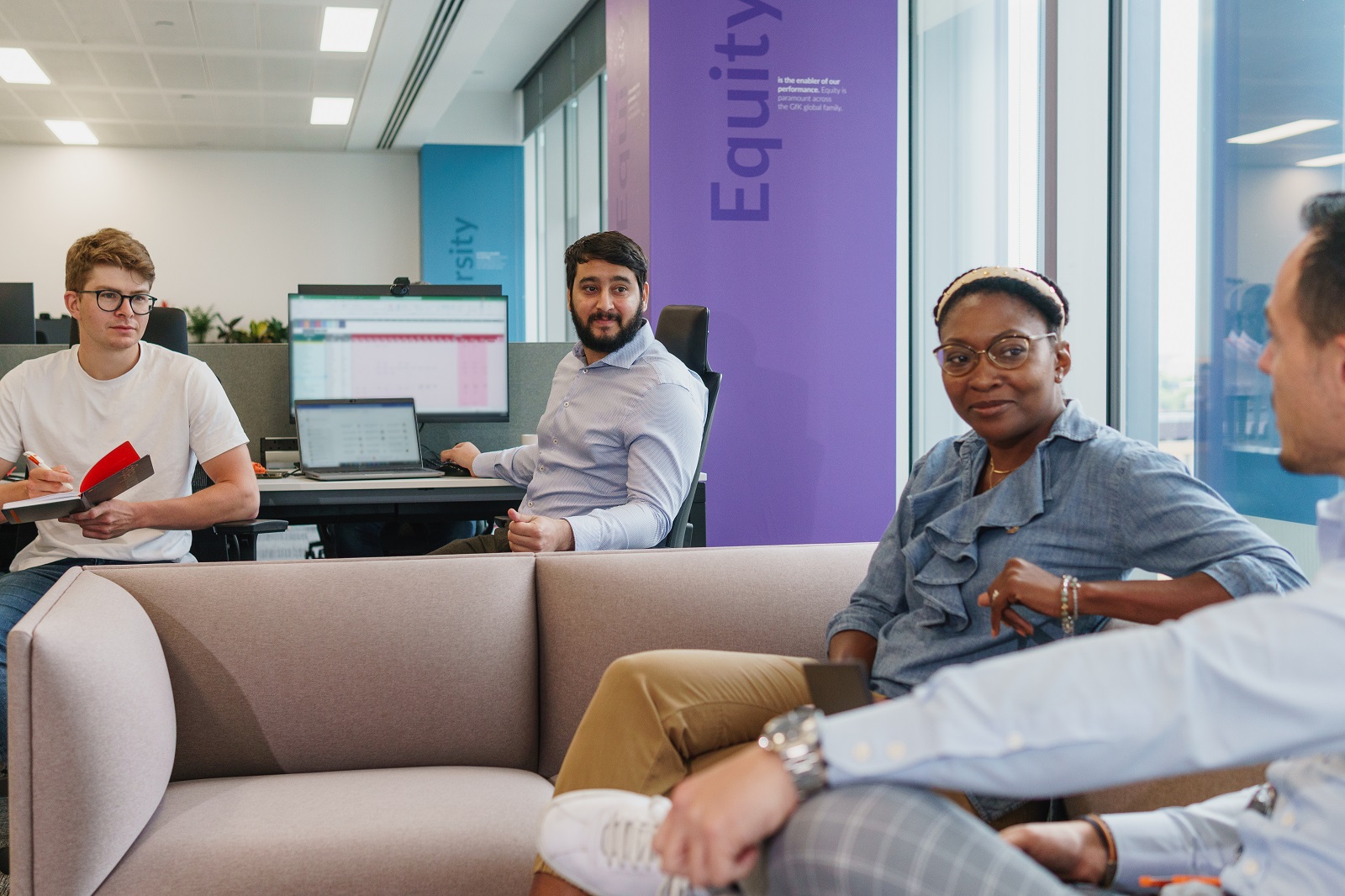Collaboration is far more than people just working together. To inspire collaboration, businesses need a culture that directly fosters trust. Here, we show the steps GfK has taken to ensure effective collaboration and strategic alignment
As we strive to innovate and discover new, exciting ideas, we have realized that being able to tap into the diversity and blend of experiences of our people gives us a deciding edge. For collaboration to deliver maximum value, it is essential that people trust one another. To achieve this trust, businesses need a safe environment in which everyone feels comfortable to be transparent and honest.
We recognize that all of us make mistakes, and this is a vital part of the learning process and being able to discover the best solutions. To enable true collaboration, businesses must end any blame culture that can exist between departments and among teams. This can be a particular problem within larger, more siloed companies.
In today’s world of extremely high and increasing complexity where we are pushed to deliver fast results, we cannot afford to spend time searching for blame or trying to perfect solutions simply because we are afraid to fail. We need to adopt a very different strategy, somewhat familiar to the scientific world – a strategy that encourages people to be playful, and curious, create experiments, be eager to test them immediately, make errors, and learn from those to go on and improve and test again in the next experiment. At the center of an approach like this is our innate human curiosity to learn and discover new things – it needs to become more important to us to get feedback than to come up with perfect solutions.
Another challenge of increasing collaboration is that to harness the benefits of diversity, we pay a communication fee – there is a natural overhead of making sure we communicate with each other effectively and share knowledge and experiences with each other. This can easily lead to the trap of ‘meeting overload’, where meetings go on for too long resulting in wasted time for those involved. Ineffective meetings have multiplied in the wake of the pandemic: people are tending towards more set discussions, in the absence of the casual osmotic conversations in the office.
It is now essential not just to augment collaboration, but to make it smarter. Meetings need to be targeted, efficient, and have a clear objective and sensible duration.
Creating effective collaboration
To inspire effective collaboration, without wasting employees’ time, businesses should start by better understanding the pitfalls they face. By doing so, they can see how to make collaboration work.
A Lean-Agile mindset is also essential as it continually eliminates wastage and raises efficiency. Businesses can nurture a culture of trust and transparency, accepting conflict and finding solutions. Across organizations, getting those priorities right drives coherence and strategic alignment. Although everyone can be a change agent, businesses also need dedicated roles, such as agile coaches, to cultivate this change methodically and embed continuous momentum.
Here at GfK, we do this successfully as we embarked on a transformation to break down divisions between the commercial, operations, technology, marketing, and other teams. This was a long-term commitment to form cross-functional teams or centers of excellence.
With these centers of excellence, we’ve driven a new culture focused on transparency and safety, creating a supportive, efficient environment and establishing a clear structure, direction, and governance approach. We’ve focused on taking small steps that can be completed quickly, in a logical sequence, and involving everyone, so we can correct course as needed.

Team alignment for a collaborative future
The whole team is excited about our commitment to improving our GfK mindset and culture to supply the best environment for effective collaboration. Although this is a long journey, it is a positive one for our working environment.
As we continue to work together to create more coherent and aligned teams, this will translate into us offering deeper value to our customers.

GfK is recruiting! We have various tech roles open and welcome applications from people with or without a tech background. To find out more, check out our careers page!



